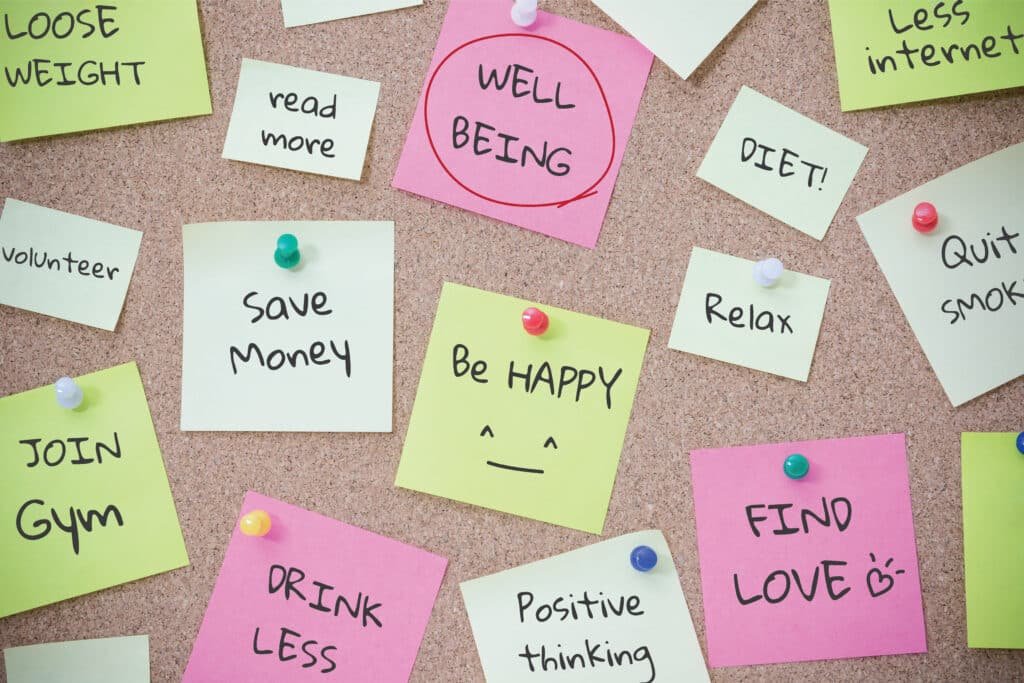In the busy world that we live in, we habitually remember to open our emails, our bank account balance, or even our phone messages- but how frequently do we check up with ourselves? Mental health check-in is a strong habit but easy one as it helps one to perceive his or her state in terms of emotional, mental, and physical health. Similar to checking in physically and stopping a medical problem before it happens, mental health check-in will save one the emotional burnout and assist in keeping oneself emotionally stable or healthy.
What Is a Mental Health Check-In?
Mental health check-in is a mindful break to evaluate how you feel, think and cope. It entails posing important questions on your feelings, stressful conditions, and daily routine activities. It aims to achieve self awareness- of when you are doing well or when you are feeling the need to have a little additional care or support.
Imagine it is a talk between you and yourself: no judgment, non-judgmental and kind.
Why Mental Health Check-Ins Are Important
Avoids Burnout – It is easy to find yourself in a burning exhaustion state and yet you might not have noticed stress creeping in.
1-Enhances Self Awareness – You will start becoming aware of a pattern in your moods, ideas, and triggers.
2-Makes Better Decisions – It will lead to better decision making in living and relationship choices when you are aware of your mindset.
3-Early Intervention – With the early identification of emotional struggles, you will be able to tackle them even before they can deteriorate.
Our mental well-being impacts upon everything, including our relationships and job performance, through to physical health. Checking-in as a routine provides you with an opportunity to react to problems before they happen.
How to Do a Mental Health Check-In

One does not need free time and a professional setting to do this. A few deliberate minutes are able to transform something in reality.
1. Find a Silent Space
Another area to focus on is finding a time and place that you are not going to be interrupted. That may be at your coffee shop in the morning, the bench in a park or your vehicle before commuting to work.
2. Ask You Important Questions
These are some prompts:
How do I emotionally feel this moment?
Has my energy level or mood turned lower?
Do I rest and consume enough nutrition?
What has happened to take place on my mind more frequently than not?
3. Notice Patterns
After some time take a look back at your responses. Do you always have stress on the same day or situation? Are you having frequent moods? Monitoring such trends provides you with an insight as to what is good and what is not.
4. Apply tools and journals
Tracking mood apps, guided journals or a plain notebook can make your life easier and help you push your thought process. The tendency to write things down makes it convenient to identify the trends.
5. Take Action
When you find yourself under pressure look into reducing your workload, having a short break or call a colleague/friend or therapist.
Key Questions for Self-Reflection
- To make the best use of a mental health check-in, pay attention to feelings as well as behaviors:
- Which of your emotions have been strongest this week?
- When did I feel happiest or most at peace?
- What activities drained my energy?
- Am I spending time with people who uplift me?
- Have I been avoiding anything important?
These questions encourage honesty and help you uncover underlying issues.
Tips for Making It a Habit
- Set a Reminder – Use your phone or calendar to schedule weekly check-ins.
- Pair It with an Existing Habit – For example, reflect while having your morning tea or during your evening walk.
- Start Small – Even two minutes of mindful reflection can make a difference.
- Have an Accountability Partner – Share your progress with a friend or family member.
Like any routine, the more you practice, the more natural it becomes.

When to Seek Professional Help
A mental health check-in will not substitute professional care, but it will provide an indication that one needs to seek care. Think about contacting a counselor, therapist, or a doctor when you are facing:
Constant depression or worry
You no longer feel interested in something you liked to do.
Difficulty sleeping, appetite changes
Issue with working, attending school or living with parents
Hopeless sufferings
Quick contact can also serve to advance the recovery process quicker and more comfortably.
Conclusion:
You can think of mental health check-in as a gift to yourself 5 -10 minutes to rest, breathe and listen to your inner voice. It is not about self-judge and instant fix every issue. Rather, it is coming to be conscious of your mental condition and taking teeny, little measures about stability and wellness.





